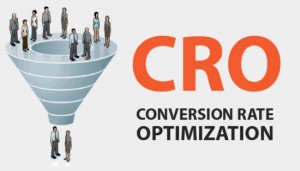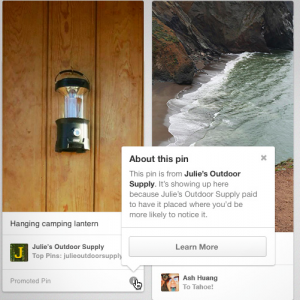The advent of WordPress has revolutionized the way people build websites. Whether you’re an amateur blogger or a business owner, you can build awesome looking and high-performing websites using WordPress. It lets you create stunning websites and blogs in just a few clicks.
Even if you’re a novice, it won’t take you too long to get a hang of the platform. The best part is that you get access to a treasure trove of plugins to add useful features and improve your website’s functionality.
You can also choose from a diverse array of eye-catching themes to make your website visually attractive. It isn’t surprising that WordPress powers 37% of all websites on the internet.
Are you all set to build your WordPress blog? Here are a few things you should consider before getting started:
1. Domain Name
You can’t develop a professional website or blog without first registering a unique domain name. Think of it as your website’s identity. Your target audience will use it to access your website.
The first step is to identify a snappy, attractive, and easy to remember domain name. Next, you need to verify whether it’s available and get it registered.
Popular domain name registrars include GoDaddy, Namecheap, Google Domains, etc. Most web hosting providers also offer domain registration services.
2. Web Hosting
Selecting your web hosting provider is one of the most critical decisions you’ll make while creating your blog. It’s crucial to select a fast, reliable, secure, and affordable hosting provider.
The good news is that you’ll find a broad spectrum of reputed web hosting services for WordPress. However, make sure you take a look at various online reviews and select a trusted service.
Additionally, it’s essential to choose the right hosting plan based on your niche, target audience, and end goals.
To begin with, purchasing a shared hosting plan might be more economical. However, you’ll have to switch to dedicated hosting when the blog grows and attracts more traffic.
3. Website Theme
WordPress offers a cornucopia of stellar themes for all types of websites. Whether you want to showcase your photography portfolio or host webinars in the future, you’ll find a wide variety of WordPress themes.
Make sure you choose the right WordPress theme based on your blog’s niche and content. Additionally, you should check how easy it is to customize different elements of the theme.
4. SEO
If you’re creating a WordPress blog without optimizing it for search engines, you might as well not launch it.
It’s crucial to leverage SEO and optimize different elements of individual web pages including the meta title, description, content, image alt text, etc. using relevant keywords.
What’s more?
Apart from keyword research tools, you can use a plugin like Yoast SEO to test every blog post’s search engine-friendliness and readability.
5. Security
Irrespective of your blog’s niche and features, you must safeguard it against cyberattacks. Most hosting plans include standard security features such as malware protection, DDOS prevention, etc. Additionally, you should install an SSL certificate to strengthen your website’s reputation and credibility. Apart from winning the trust of your website visitors, it helps boost your blog’s search engine ranking.
6. Plugins
The best part about building your blog using WordPress is that you can use a wide variety of plugins. From optimizing large image files to adding an audio player on your home page – these plugins let you add various useful features. You can even use plugins to sell digital and physical products on your website. Make sure you identify the right WordPress plugins based on your niche and target audience.
7. E-commerce
WordPress doesn’t just let you build amazing blogs. You can also use it to create an online store on your website without any prior experience of coding.
All you need to do is install and configure WooCommerce on your website. This is particularly useful if you intend to start a dropshipping business or launch your official merchandise when your blog grows.
8. Monetization
If you want to become a full-time blogger, you’ll have to use various monetization techniques to earn money from your website.
From launching a membership site to hosting webinars and courses, you can use a wide range of techniques. You can even sell ad space on your blog using an advertising program like Google AdSense.
9. Social Media Integration
Don’t you want your blog to reach a wide audience?
An easy way of amplifying awareness and blog traffic is to encourage your readers to share your blog posts on social media.
You can easily implement this by adding social sharing buttons on your blog using a plugin like WP Socializer. Additionally, most themes also offer widgets to let you add a social follow button on key web pages.
10. Analytics
If you want your blog to garner traction, you must have a deep understanding of your website visitors.
Additionally, you need to analyze your website’s performance using parameters such as bounce rate, time-on-site, etc. While WordPress doesn’t provide built-in analytics, you can install Google Analytics on your blog.
Conclusion
Building an outstanding blog is no longer a distant reality. You can create one in a jiffy using WordPress. It is, however, essential to select the right hosting plan and theme. Additionally, you should judiciously install various plugins to improve your blog’s functionality.
Digital & Social Articles on Business 2 Community
(23)
Report Post





